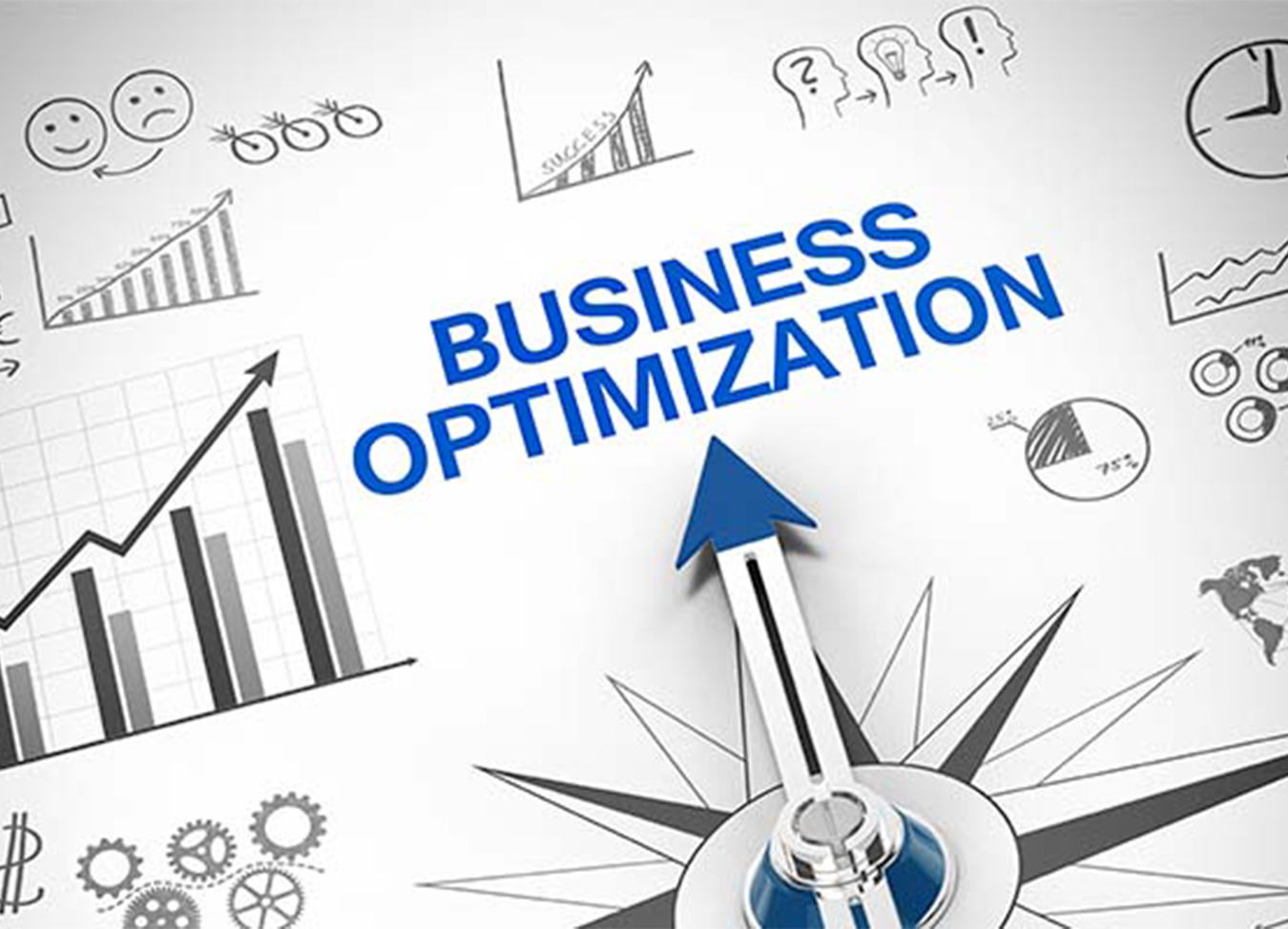
Profitability and the ability to compete in the oil and gas industry is largely determined by the efficiency of your business operations. The last few years have seen more change and market disruption than normal, making productivity a priority.
Petroleum marketers, jobbers, commercial and industrial distributors, and bulk lubricant suppliers all have common goals: drive costs down, improve customer satisfaction, and produce bottom-line growth. You can start by following these seven tips, leveraging digital technologies to optimize your business.
1. Get Accurate Insight into Inventory
On-hand inventory is likely one of the biggest contributors to daily operating expenses for petroleum marketers. So control it. A sophisticated inventory management solution provides accurate insight into your inventory levels down to the smallest detail. Whether you’re managing bulk plant product or operating a warehouse with lubricants and other petroleum-based packaged goods, it’s imperative to maintain a delicate balance between over- and under-stocking, especially during periods of fluctuating demand.
And while predicting demand isn’t an exact science, basing your inventory decisions on historical data or other contributing factors (such as special events in your area) can go a long way in helping produce accurate forecasts that prevent inventory excesses or shortages. Taking advantage of machine learning and algorithms based on industry best practices to predict volume and margin values can be a game-changer in the wholesale fuel industry, giving pricing managers more time to focus on their strategies to deliver incremental value rather than on the arduous pricing process itself.
2. Streamline Invoicing with BOL Automation
It’s true that automating the fuel supply chain has been a lengthy, uphill climb. It wasn’t long ago that providing an accurate bill of lading (BOL) and invoice took days or weeks, especially for fuel suppliers who delivered them via snail mail. The industry has come a long way since then, but even in the age of automation, it’s not unusual to find suppliers still producing manual, paper reports when it comes to delivering BOLs and processing invoices.
Here’s why that matters: the BOL is one of the most important documents in a fuel supplier’s day. Among other things, it contains critical information about what, how much, and to whom product was delivered. It essentially serves as the foundation for the invoice that follows. If you repeatedly get crucial details wrong as a result of manual processes, not only do you delay invoice payment, but you also risk creating such a horrible service experience that your customers might begin considering other suppliers.
3. Optimize Your Business with Credit Management
Properly managing credit and collections is a big deal for any fuel supplier, but it becomes even more important when sales are declining and margins are low. At that point, every penny counts. For large suppliers with multiple business lines and thousands of customer accounts, it isn’t unusual to see multi-million-dollar fluctuations on the books from week to week. A good solution provides essential tools to easily monitor your accounts and automate the credit management process.
For example, if a customer exceeds their credit limit, it generally means they’re not consistently paying their invoices in a timely manner. In this case, the system should automatically enact a hold on their credit that prevents them from placing an order until the matter is resolved. Many of today’s solutions are also capable of sending out rules-triggered customer communications before a bill is due or when an account is overdue by a specified number of days.
4. Reduce Wasted Cycles with Software Integration
Software integration, where separate systems are combined into a single, more extensive system, can accommodate ongoing requirements as your business evolves. Whether you’re a bulk supplier or a mid-market seller, undergoing consolidation or trying to scale up your business, third-party integration is essential to modernizing your business. It’s also essential to your ability to compete, transforming a collection of disjointed manual processes into a streamlined, transparent, and efficient ecosystem. Look for a solution that offers powerful third-party integration with the most common tools you encounter in your business so that your business can run at full capacity.
5. Manage by Exception for Increased Productivity and Reduced Risk
Without a sophisticated monitoring system in place, mountains of raw data from thousands of daily transactions make it difficult to spot irregularities within a reasonable timeframe, and almost impossible to manage by exception. Look for a solution that allows you to set notifications for deviations from the norm in margins, payment or transportation timelines, and other processes, or for unexpected events. In that way, you can avoid spending time managing repetitive, day-to-day operations and focus instead on growing your business and improving the customer experience.
Automation also allows better planning for unexpected challenges. For example, if you receive notification of a terminal outage, software that can let you make a change to many orders at one time can help offset some of the issues that arise during the outage. Compare this to the old way of doing things, where manual processes made it more difficult to detect and quickly react to exceptions or unexpected events. A reliable monitoring solution lets you to do more without additional overhead, allowing you to focus your attention on critical issues and freeing you to spend time where it matters most: on your customers.
6. Prioritize Customer Service for a Competitive Edge
Competition among suppliers is strong, and innovative customer service is crucial to retaining customers and keeping them happy. Improving efficiency and transparency, from ordering to transit to invoicing, improves your customer relationships as it reduces errors and administrative costs.
However, responsive customer service goes beyond prevention of problems on your end. In an industry with historically little customer loyalty, a responsive interface that allows a certain degree of customer self-service can help give you a competitive edge. A good system allows the customer to place and view orders, update payment information, and view electronic documentation for every step of the transaction, resulting in a massive decrease in paperwork—and potential errors and delays.
7. Invest in a Holistic Approach for Operational Flexibility
When you need to manage your retail operations, wholesale business, logistics, cardlock business, consignment operation, or any number of tasks, never overlook the power of an end-to-end solution. The industry is always changing, whether through market consolidation, customer demand, or price and supply fluctuations. It’s important to set your business up for success with the right tools in order to keep up with the industry and to grow your business. With uniform visibility into operations and the ability to react in real-time, gaining insight is well within the reach of your business.
To explore more ways to optimize your operations, visit https://pditechnologies.com/petroleum-wholesale/streamline-operations/







